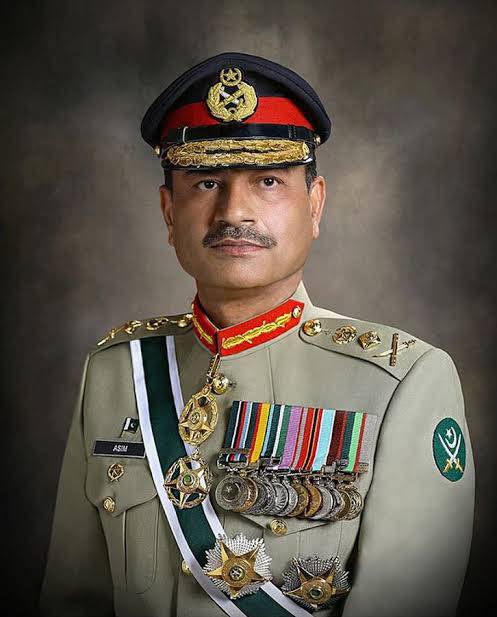This makes Munir only the second Field Marshal in Pakistan’s history. The first was General Ayub Khan, who unilaterally conferred the title upon himself in 1959—six years before leading Pakistan into the ill-fated 1965 war against India, which ended in strategic failure and international embarrassment. Ayub Khan’s legacy was defined not by heroism but by political manipulation and authoritarian rule.
THE INDIAN PARALLEL: TITLES EARNED, NOT BESTOWED
Compare this with India—a country that has awarded the title of Field Marshal only twice in its 77-year history. Field Marshal Sam Manekshaw was honoured after leading India to a decisive victory in the 1971 war, which led to the creation of Bangladesh and altered the strategic map of South Asia. Field Marshal K.M. Cariappa, India’s first Commander-in-Chief, was recognized for his foundational role in building a professional, apolitical, and independent Indian Army.
- Is the rank of Field Marshal now a tool of political appeasement?
- Is the military being rewarded for loyalty rather than legacy?
- Has Pakistan reduced its highest military honour to a public relations stunt?
WARFARE ON TWITTER, NOT ON TERRA
Pakistan’s military doctrine now seems more focused on media campaigns than military campaigns. It is scripting victories on television studios and social media feeds, rather than on ground operations or in strategic theatres. From a nation that once aspired for parity with global powers, it now risks becoming a case study in ceremonial bravado over credible strength.
CONCLUSION: TITLES SHOULD TELL STORIES OF TRIUMPH
In a world where military titles should be sacrosanct—signifying sacrifice, service, and strategic leadership—Pakistan’s decision to elevate General Asim Munir to Field Marshal stands out as a hollow gesture in search of meaning.






